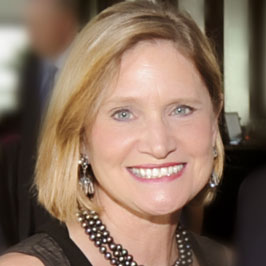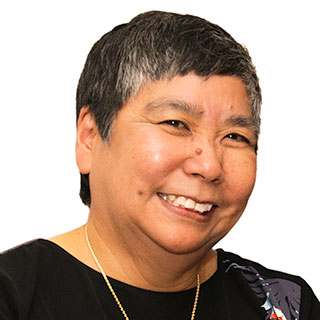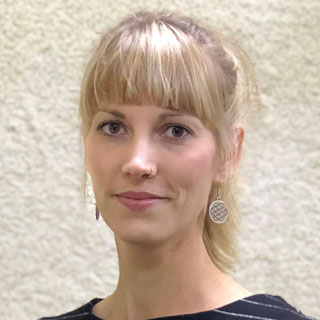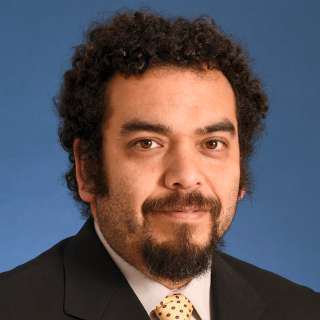
Amy McConkey Robbins is a speech-language pathologist and Auditory-Verbal practitioner in private practice in Indianapolis, IN. She is the author of widely-used assessment procedures, including the MAIS, IT-MAIS, Common Phrases Task, Mr. Potato Head Task, Red Flags Procedure and the Bilingual Family Interview or BIFI (2007.) She lectures internationally on children with hearing technologies and on compassion fatigue and preventing burnout for those in serving professions. Ms. Robbins has published over 90 articles or chapters in professional journals and textbooks, along with an integrated speech and music therapy curriculum, TuneUps, co-authored with Chris Barton. This curriculum was voted the MVP “Most Valuable Product” for clinicians by readers of TherapyTimes.com. Barton and McConkey Robbins also co-created Auditunes, a video-based music resource for parents and professionals working with children using a LSL approach. Her chapter, "Music and Singing in Auditory-Verbal Therapy" (Plural Publishing, 2020) is part of the new book, "Auditory-Verbal Therapy Science, Research, and Practice" (Estabrooks, Morrison, MacIver-Lux, Eds.). Amy was named a Distinguished Alumna of Purdue University and received the Richard Miyamoto award for service to the Listening and Spoken Language profession. In 2013, the governor of Indiana appointed her as vice-president of the board of Healthy Hoosiers Foundation, a private-public partnership through the Indiana Dept. of Health. From 2013 to 2019, she served on the board of directors of the American Cochlear Implant Alliance and was a co-author of ACIA’s position paper on Habilitation Guidelines for children receiving cochlear implants. She worked previously at the Indiana University School of Medicine, Boys Town National Research Hospital, and as a consultant for 3M-International in Brussels, Belgium. Ms. Robbins received a BA in psychology from Hollins College, Virginia, a Diploma in Phonetics and Linguistics from Leeds University, Yorkshire UK, and a Master of Science in Audiology and Speech Sciences from Purdue University.
Dr. Christine Yoshinaga-Itano
Dr. Christine Yoshinaga-Itano is a Professor Emerita of the Department of Speech, Language & Hearing Sciences and is currently a Research Professor, in the Institute of Cognitive Science, faculty in the Center for Neurosciences at the University of Colorado, Boulder, adjunct faculty in the Department of Otolaryngology and Audiology at the University of Colorado, Denver, Visiting Professor at the University of Witwatersrand, South Africa, Centre for Deaf Studies and an international doctoral faculty board member in the Department of Human Sciences, Psychology area, at the University of Verona. Her research has focused on the predictors of language (semantics, syntax, pragmatics and phonology), social-emotional, cognitive and auditory skill outcomes of infants and children who are deaf or hard of hearing with bilateral, unilateral, auditory neuropathy hearing losses, additional disabilities (e.g. autism, intellectual disabilities), in English-speaking and Spanish-speaking, ethnic/racial minority homes and those with complex needs (e.g.poverty).
Dr. Maren Stropahl has a background in hearing technology, audiology and neuroscience. Her former research area was in the field of cross-modal brain plasticity in Cochlear implant user and individuals with mild-to-moderate hearing impairment. Currently, she works as a researcher at Sonova AG. She is an expert in the field of audiology and health innovation with a focus on service delivery innovation.
Laboratorio Neurobiologìa de la Audición
Facultad de Medicina
Universidad de Chile
Dr. Maison is an Assistant Professor of Otolaryngology at Harvard Medical School, a Principal Investigator in the Eaton-Peabody Laboratories at Mass. Eye and Ear, and a clinical audiologist. As an auditory physiologist, Dr. Maison studies the peripheral auditory system and has published more than 45 peer-reviewed papers in the field. Having spent nearly 20 years honing his skills in the study of sensorineural hearing loss in animal models, Dr. Maison wants to bring the important research questions back to human subjects in a clinical context. His research interests focus on identifying cochlear synaptopathy in patients with "normal" audiograms





